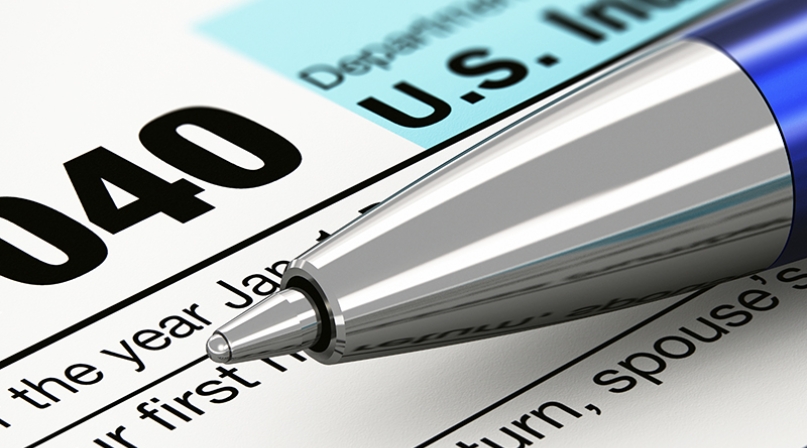U.S. Treasury unveils pre-filing registration portal for counties to claim IRA clean energy tax credits
Author

Paige Mellerio
Upcoming Events
Related News

Key Takeaways
On December 22, the U.S. Department of Treasury (Treasury) opened the pre-registration portal for counties and other tax-exempt entities to access tax credits for eligible clean energy projects under the Inflation Reduction Act (IRA).
The pre-registration process is the first step for counties pursuing elective pay for IRA clean energy tax credits, in which tax-exempt entities can receive direct payments equal to the value of a tax credit for eligible clean energy projects, so long as the project is placed into service in a tax year beginning after December 31, 2022.
Access Portal Access User Guide Access Video Tutorial
According to the June 2023 proposed regulations, counties and other tax-exempt entities that are pursuing elective pay must register the eligible project with the U.S. Internal Revenue Service (IRS) prior to claiming the credit by filing Form 990-T with the IRS by the tax return due date for the applicable tax year. Counties pursuing elective pay will Include registration numbers received through this portal on the Form 990-T return.
Of Note to Counties
- To complete the pre-filing registration process, counties must first determine the tax year in which they are claiming the tax credit.
- According to IRS FAQ #23, published in June 2023, a county’s tax year is determined by its annual accounting period, or its fiscal year, for reconciliation purposes
- The facility or property that a county is claiming elective pay for must have been placed in service before the taxpayer can register it for an elective payment or transfer election.
- In other words a county cannot complete the pre-filing registration before the tax year in which the credit will be claimed for begins.
- The IRS will review, if necessary respond to, and approve each registration on a rolling basis once they are received.
- IRS Recommendation: counties should complete the pre-filing registration at least 120 days prior to when the organization or entity plans to file its tax return.
Treasury will be hosting a webinar on Wednesday, January 17 at 1:30 p.m. EST to provide an overview of the pre-filing registration process.
Advocacy
Treasury Department releases guidance on how counties can access clean energy tax credits under the Inflation Reduction Act

Related News

County Countdown – February 11, 2025
Every other week, NACo's County Countdown reviews top federal policy advocacy items with an eye towards counties and the intergovernmental partnership. This week features a first 100 days update, testimony on rural road safety and more.

County Countdown – January 28, 2025
The first 100 days, Intergovernmental Disaster Reform Task Force fly-in, SALT deduction profiles released, reauthorization of Secure Rural Schools, and Medicaid and counties.

NACo releases new SALT deduction resource
Counties urge Congress and the Administration to restore the full SALT deduction to restore fairness in taxation and preserve essential local services